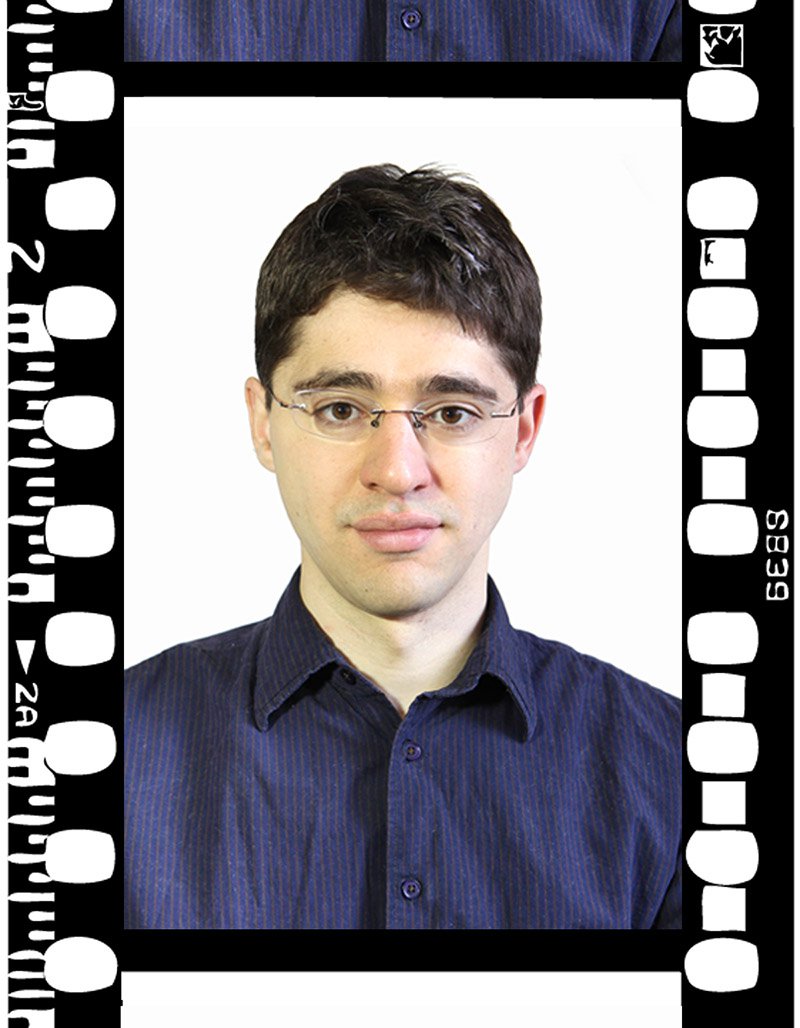Marton Orosz

As the result of the generous support of the Getty Foundation, I was able to attend CIMAM’s Annual Conference in Tokyo, which provided me a first-hand opportunity to meet up with emerging and internationally recognized museum professionals from all over the world. The organizers aimed to create a work-conducive environment and their exceptional hospitality helped us believe that we were all part of the same community.
The year’s conference theme lived up to its promise as it addressed the global tendencies of the museum world by inhabiting and espousing ideas which were believed to serve as the basis for modern and contemporary art institutions and by representing the diverse positions of the geopolitical matrices they exist in.
It was a fortuitous decision to start the event with Patricia Falguières' stimulating keynote speech that focused on the definition of the museum from a historical perspective and interpreted its mission in terms of institutional autonomy. Her rationale that museums should be regarded as facilities of democracy equivalent to “exhibitionary complexes” (Carol Duncan’s term) reinforced my belief that, without losing a sense of the legitimacy of our work as curators, debate has not been enough associated with the academic world. Some of Falguières’ observations were symbolically echoed by the very last presentation in the conference, Anton Vidokle’s talk on Nikolai Fedorov’s project “A Museum of Immortality”. The latter theorizes a topic which aimed to address the conflicts of the governing principles of Western modernity by extending the notion of the museum to practically everything which related to the human. The issue of empowering the accepted models and substituting them with alternative discourses was also present in the lecture of Shigemi Inaga, who aimed to put the intangible heritage and the autonomy of art in the limelight.
The questions pertaining to ownership and administration and their manifestation in liberal progress also brought up timely issues such as “universal freedom” or “artistic ethics”, which were all gaining actuality in the recent controversial censorship case of MACBA’s former director Bartomeu Mari. This came into discussion – however only in an informal way – in the context of the petition against his candidature at MMCA in the neighboring South Korea.
To come to the Perspective panels, it was also enlightening to learn the various readings on delicate curatorial enterprises, such as the initiatives behind newly established art museums (The Palestinian Museum, The Singapore National Gallery), where the emphasis lies in finding the adequate forms of representation for a nation’s art as well as in the attempts to position it in a regionally and globally scaled framework. Other speakers, such as Georg Schöllhammer/Hedwig Saxenhuber and Bose Krishnamachari were sharing their experiences on Biennials in Kyiv (Ukraine) and in Kochi (India), reflecting upon their curatorial statement and the way it was inflected and articulated by the process of staging various socially engaged art projects. The creation of a “collaborative art history” was also picked up by Payam Sharifi in his presentation on the art collective “Slavs and Tatars”.
To sum it up, I believe that the conference helped us understand how museums came into existence, representing their history as a collective sense and why their context-oriented framework needs to be constantly refabricated. In a period in which the definition of the museum has changed more dramatically than ever before, a globally scaled transnational approach seems to be the only answer to resolve the one-sidedness of any locally forged monolithic representation of modernism. With this in view, I see the greatest merit of the conference lying in its proposal of definite positions on the complexity of the local and the global. It did this by seeing their relationship in light of the paradoxes of a variety of conditions, but also by acknowledging that sustainability always depends on certain socio-economic factors defined by the neoliberal reality.